UPDATE: THE CHANGE TO MLA II REQUIREMENTS DESCRIBED BELOW WAS REVERSED ON SEPTEMBER 1, 2020. THE “MATURE CLAUSE” HAS BEEN REINSTATED TO ALLOW PRIOR WORK EXPERIENCE AS A SUBSTITUTE FOR MLA LEVEL 1 PREREQUISITE.
————————————-
by admin, January 2020 | While carrying out its mission, one of ICML’s goals is to maintain certification exams that are relevant, challenging, and fair. It is also imperative that our exams and procedures adhere to ISO standards for certification bodies, specifically as defined in ISO 18436-4:2014(E).
This post serves as notification that ICML must amend its MLA II requirements in order to maintain compliance with this standard, effective immediately. Section 5.4.1 of the current ISO standard requires that “classification to category II…requires previous classification to the lower category.” The ISO standard no longer allows for an experience-based alternative to this requirement. Accordingly, for purposes of qualifying MLA II exam candidates, ICML can no longer accept “960 hours of experience” as an alternative to MLA I certification.
Simply put, this means that all future MLA II recipients must already hold MLA I certification first. This compliance update is only applicable going forward; it has no retroactive impact on those who have already earned MLA II.
Because our MLA II exams are most often combined with classroom training, this change may impact the schedules and offerings of independent trainers who offer preparation courses for ICML certification exams during the 2020 calendar year.
Nevertheless, ICML believes this change will have a positive impact on our oil analysis certification track:
- Greater accountability: Removal of this experience-based alternative relieves us all from having to gauge the veracity of a newcomer’s 960 hours of job experience (historically estimated at a minimum of 16 hours/month for 5 years).
- More consistent knowledge base: Because MLA II candidates coming into a trainer’s classroom will have been exposed to the MLA I body of knowledge already, we can anticipate an overall improved and consistent comprehension of class content and structure.
- Greater value associated with MLA II certification: all candidates will now go through the same challenging validation process.
ICML has updated its exam web pages to reflect this ISO change, and we are glad for the opportunity to maintain compliance. We look forward to working with our candidates and independent training partners to ensure a smooth transition as we start implementing this change in January.
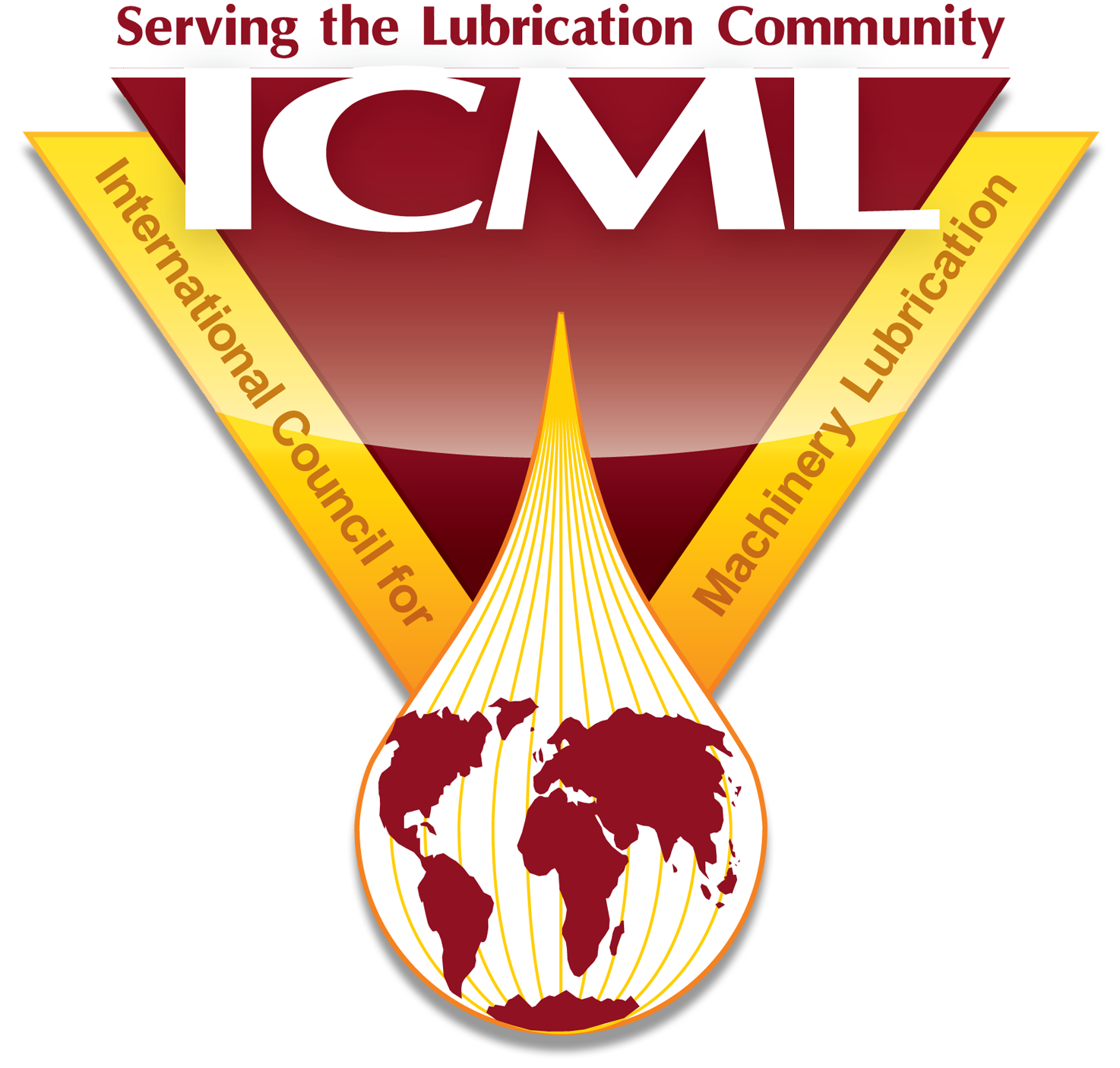

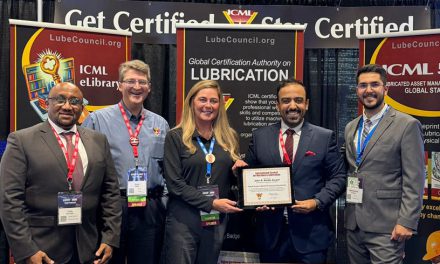

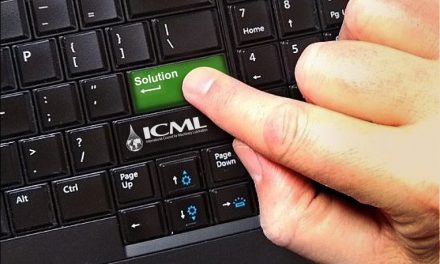
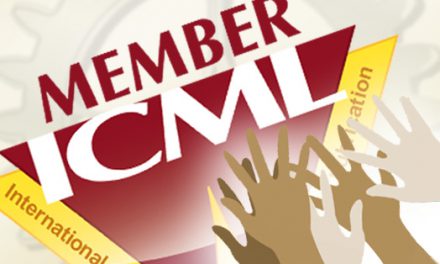


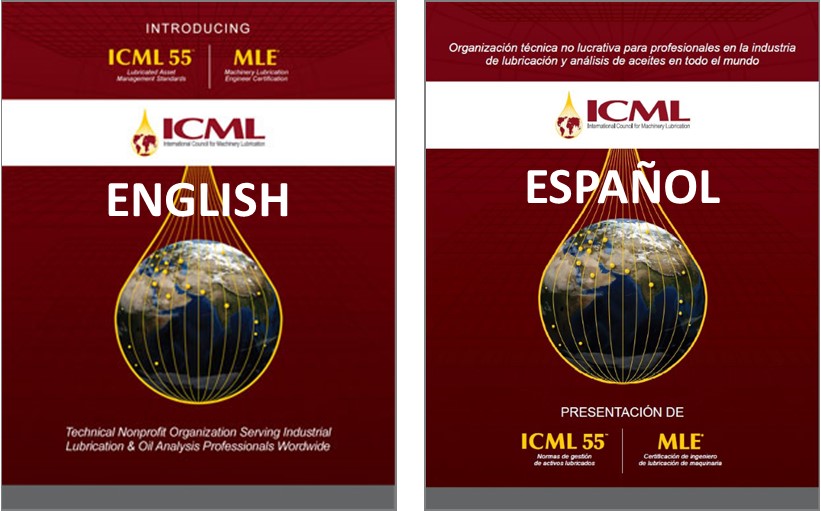
I passed my MLA I about 4 years ago and never did receive anything on this, I took it the same time I took my CMLT but I didn’t pass the CMLT do I need to retake the MLA I again!
Brad, you probably don’t want to get into specifics of your record in the public replies to this post, so please contact our credentials manager directly: Monica Velloso at monicav@lubecouncil.org.
I am already an MLA II passer last year.Do I still need to take MLA i
Wilfredo, this change will only apply going forward; it will not affect those who were certified under the previous set of requirements. So, no, you do not need to take MLA I.
I have completed MLT I, was told by our local training center that I would need to do a bridging exam and then would be able to go on to do MLA II. Is this correct?
That is correct. They are referring to the supplemental exam, which is still a valid way for a MLT I certificant such as yourself to achieve MLA I certification. Supplementals are described on our exam site at https://www.icmlonline.com/certs.aspx.
Can you please confirm that this rule of change in MLA II requirements is applicable from 30 June onwards or not? If not, then can you please briefly state the time from which it is applicable as no date is mentioned in the article.
Hassan, this change was implemented back in early January 2020, which is when the article was published. (The month & year are noted at the beginning of the article.)